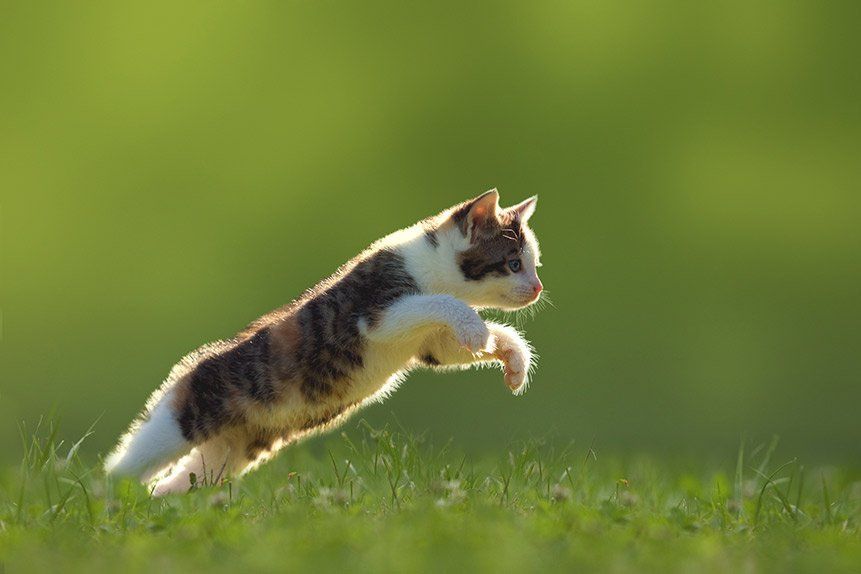Cat Nutrition: The Do’s and Don'ts

For some people, a cat is the perfect pet. They don't need to be walked, bathed, or groomed like a dog, they don't require cages or enclosures like rodents or reptiles, and they are often more independent than other pets. However, cats do have particular nutritional needs, and these needs should be a priority for pet owners.
Feeding your cat right is important because the right diet will support proper weight gain, energy levels, and physical health. Cats with poor diets have more health problems, shorter life spans, and reduced quality of life. Here are some simple do’s and don'ts that can help guide you when feeding your cat.
Don't Feed Your Cat Table Scraps
Too often, cat owners make the mistake of treating their cat like a dog. Dogs are natural scavengers, and they have a much wider dietary range than cats. This is why dogs enjoy people food so much and why they can tolerate it in small amounts. Cats, however, are not omnivores. They are primarily carnivores, and they do best with diets that focus on meat and meat products.
You might give your cat a serving of chicken or turkey as a special treat every once in awhile, but try not to let your cat eat leftovers or food that falls on the floor. If your cat eats too many carbohydrates, it can lead to trouble with diabetes (yes, cats can develop insulin resistance) and weight gain.
Do Prioritize Protein
Look at your cat's teeth. They are all sharp, and those teeth are meant to eat primarily meat over plants and grains. When looking for a good cat food, look for food that makes protein from meat the most essential ingredient. Cheaper, lower-quality cat foods will have fillers made from grains — corn, soy, and rice are common fillers in pet foods. Meat should be the first of few ingredients, and the fresher the food, the better it will be for your cat.
Canned meat cat foods are low on added fillers, and they are still an economical option. If you want to go the extra mile for your cat, you can even try a diet of fresh raw meat, which is most adapted to their biological needs. Supplement a high-protein diet with dried food when necessary, but always choose a hard food that is easy for your cat to digest because of its high meat content.
Don't Feed Your Cat Food Meant for Dogs
If you have a dog, do not be tempted to save money or get by with feeding both animals the same diet. Dog foods are not suitable for cats. They have different available vitamins and amino acids, and if your cat eats dog food too often, your cat will suffer nutrient deficiencies.
For example, taurine is an amino acid that cats need from meat. Dogs can make their own, so dog foods may not have enough taurine that cats need. If your cat eats dog food instead of cat food, they can develop heart problems from a lack of taurine.
Do Feed Your Cat the Right Amount
Feline obesity is a common and serious health problem. Too many pets are overfed, and overweight cats face many avoidable health problems, including kidney failure and joint issues. Follow the serving recommendations on your cat's food labels, and if you notice that your cat is putting on weight, increase their activity level.
If you are diligent about serving sizes and your cat is still packing on pounds, talk to your vet about feeding options to help your cat reach and maintain a healthy weight.
Do Ask Your Vet About Feeding Habits and Aging
Your cat's feeding habits and needs will change over time. Older cats need fewer calories as they become less active and as their metabolisms slow down. Your vet might recommend switching foods as your cat ages to help them stay full and get the nutrients they need without overeating.
For more information, contact us at Pet Medical Center of Vero Beach.





